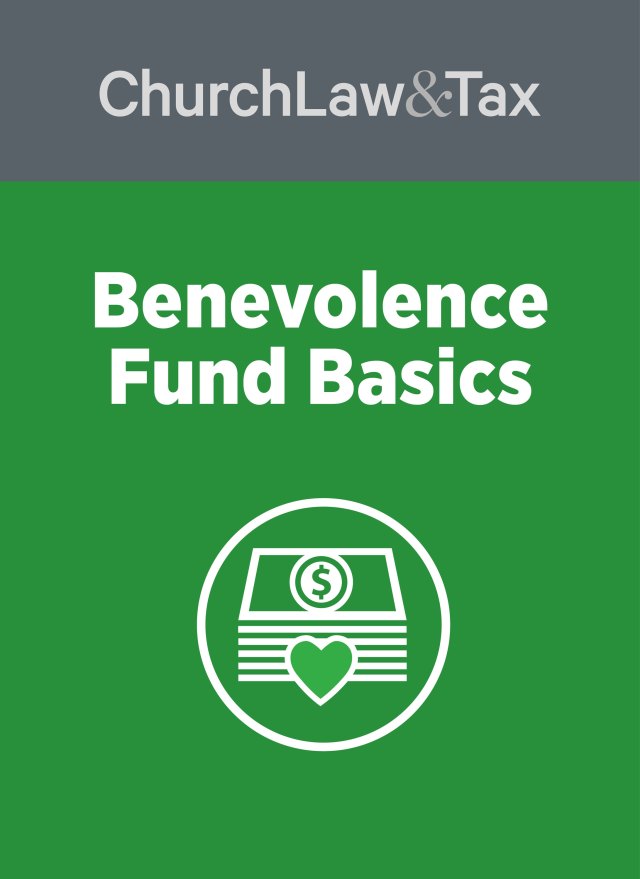• A New York state appeals court addressed the subject of “benevolence funds” in an important ruling. Here are the facts. An 8-year-old girl was reported missing by her parents, and a massive search for the girl was conducted. Four days later, the girl’s body was found in a wooded area 200 yards from her home. She had been sexually assaulted and murdered. The crime received extensive media coverage. Shortly after the body was found, various newspapers, television and radio stations reported that neighbors of the victim’s family had started a memorial fund at local bank because they were concerned that the family did not have sufficient funds for funeral and burial expenses. The response of the public was overwhelming, and in a short time some 742 donors contributed a total of $12,428. The funds were deposited in a bank account in the names of the victim’s parents. The funeral expenses and burial plot were donated, and miscellaneous expenses of $2,039 were paid out of the fund leaving a balance of $10,389. Concerned about the disposition of the balance remaining in the memorial fund, the bank asked a state court to determine how the funds should be distributed. The court promptly sent a questionnaire to every known donor, and published a notice in local newspapers in an attempt to reach anonymous donors. The questionnaire sought the suggestions of the donors themselves regarding disposition of the funds. Of the 45 donors who responded, 23 wanted the funds to go to the victim’s family, 3 wanted a permanent memorial fund established, 11 wanted the funds to go to other charities, 2 suggested that a reward fund be created to find the murderer, 4 wanted the money to go the victim’s sisters, and 2 wanted their money back. The court began its opinion by noting that the donors’ intention was controlling. If the donors intended to make gifts “to a needy family which had suffered a tragic loss,” then the surplus belonged to the family “for whatever private purpose they deem appropriate.” If, on the other hand, the donors intended “to establish a private trust fund for the funeral and burial of [the victim],” then the memorial fund “had exhausted its purpose” and the court was “obligated to disburse the surplus to most effectively accomplish the general charitable purposes intended by the contributors.” The court readily acknowledged that there was “scant evidence of what specific plea the 742 donors heeded when they generously opened their hearts and purses to the fund.” It concluded, based on the small sample of 45 donors, that persons contributed to the memorial fund for variety of reasons. Accordingly, it issued an order disposing of the funds as follows: (1) refund the contributions of the two donors who requested a refund; (2) half of the balance was paid to the victim’s parents “to reflect the donative intent of many contributors that contributions were made to assist the family without restriction”; and (3) the other half was paid to a local nonprofit organization that assisted abused youth and victims of domestic violence. The court lamented the fact that “only three reported opinions in the whole United States have been found which discuss situations at all similar” to this one. It urged the state legislature to “consider enactment of some rules to follow in cases of public solicitation and collection of funds so that fund founders, fund contributors and fund administrators … will be afforded future guidance.” The court expressed the hope that any state regulations, if adopted, would “not dampen the great public spirit and sense of compassion which underlie such efforts.” This case will be of interest to churches that solicit funds for benevolent and charitable purposes. Application of Troy Savings Bank, 549 N.Y.S.2d 910 (1989).
© Copyright 1990, 1998 by Church Law & Tax Report. All rights reserved. This publication is designed to provide accurate and authoritative information in regard to the subject matter covered. It is provided with the understanding that the publisher is not engaged in rendering legal, accounting, or other professional service. If legal advice or other expert assistance is required, the services of a competent professional person should be sought. Church Law & Tax Report, PO Box 1098, Matthews, NC 28106. Reference Code: m08 m18 c0390

